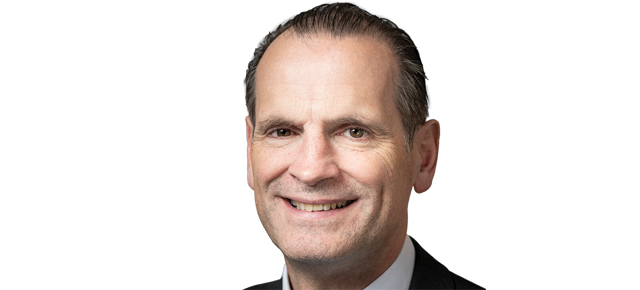Headwinds see bus industry entering a defining new phase

According to Martin Dean, Go-Ahead’s managing director of UK regional bus, Britain’s bus networks are moving into a new and potentially unsettling era.
Speaking at last week’s ALBUM Conference in Cheshire, Dean hypothesised that bus deregulation had gone through three phases since 1986. The first era was characterised by entrepreneurialism and free market forces before a second era during the 1990s led to the rapid consolidation of the industry and the emergence of the big bus groups. He described the period up to the present day as “the hybrid age”.
The industry is locked into a heavy duty partnering model … 50% of our business comes from government or local authority sources, but not exclusively so
“What I mean by that is nothing to do with propulsion systems,” he added. “More that the industry is locked into a heavy duty partnering model – some commercial aspects remain by the hybrid definition, which comes from the fact that spending on location, 50% of our business comes from government or local authority sources, but not exclusively so.”
Dean said increasing environmental awareness amongst the population was driving much of this change, but the pandemic – where governments had pumped money into their bus networks – and regional disparities that had driven the emergence of devolved administrations – had also played a key role. He claimed that the industry has completed its metamorphosis from entrepreneurship to deep partnership in response.
Dean pointed to the situation in Oxford, where Go-Ahead’s operations there had been locked in competition with Stagecoach Oxford, and before that, Thames Transit, for many years. However, more recently, the two operators have embraced a partnership model that has seen the introduction of joint ticketing and coordinated networks.
He returned to the theme of devolution and said it was notable that a Conservative government had launched the concept of the ‘metro mayor’ as a means of growing regional economies, possibly in the hope it would diminish the influence of the so-called ‘Red Wall’. Despite that, Dean felt it was unlikely any future Labour government would move away from the devolved mayor concept.
Mayors see buses as very public manifestations of their ability to influence how people go about their lives and to influence more balanced economic growth
“It’s very clear devolution is here to stay,” he continued. “Mayors see buses as very public manifestations of their ability to influence how people go about their lives and to influence more balanced economic growth.”
For the future, Dean said he felt that environmental consciousness amongst the population would only increase. Meanwhile, an ageing population, resource shortages, economic regulation, particularly in Europe, and global migration flows would also present challenges. Still, he said the bus industry was well placed to meet the challenges of this age, one he characterised as “the age of prominence” for the industry.
“The success we’ve had as an industry has been due to not being too insular,” concluded Dean. “Where we have that debate about who controls networks, we should not lose sight of the fact that our customers are part of a wider society. We need to be in that community, and that’s something we should embrace in the future.”
This article appears in the latest issue of Passenger Transport.
DON’T MISS OUT – GET YOUR COPY! – click here to subscribe!








